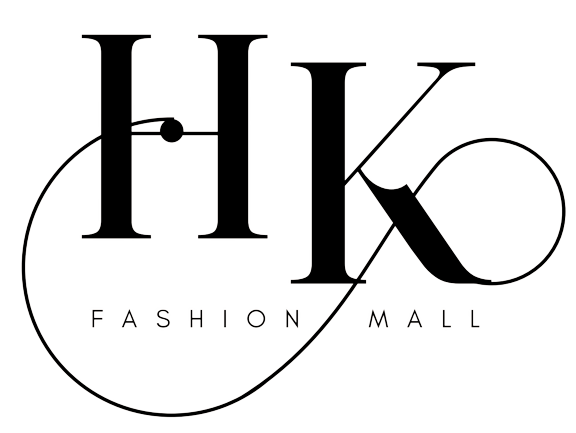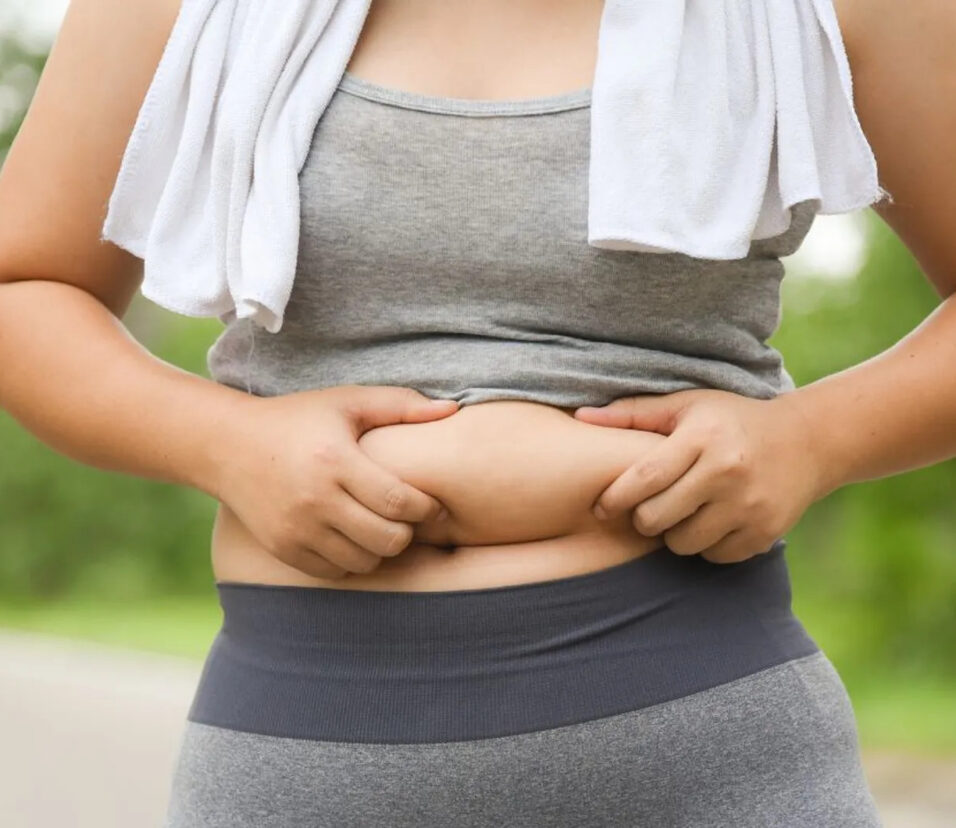The Latest Menopause Products: Devices, Supplements & Topicals
Menopause isn’t a marketing play. It’s a need state.
According to a study published by the National Institutes of Health, 1.2 billion women are expected to be in perimenopause and menopause by 2030. But while menopause care has been buzzy in the wellness category over the past few years, with new brands launching all the time — spanning beauty, wellness, femtech and more — founders agree it’s time to focus on innovation that drives the category forward.
“Menopause is something that 100 percent of women will go through,” said Dr. Jessica Shepherd, an OB/GYN and medical adviser for women’s health supplement brand OPositiv, emphasizing the need for solutions to the 34 symptoms people can face.
Experts stressed that the key elements for growth will be clinically backed formulas and products, new ways of merchandising and continued education from experts.
“There was a surge of brands, and now we’re starting to see a decline,” said Colette Courtion, founder and chief executive officer of device brand Joylux. “There’s been quite a few brands that have not made it because their brand promise of helping women in menopause is not being met with the products that they’re offering.”
Anne Fulenwider, cofounder of menopause telehealth platform Alloy, added: “You have to get women what works. If it doesn’t work, they’re not going to buy it again.”
For the brands pushing the category forward, this is changing. For example, Alloy’s latest prescription launch, estrogen-based M4 Estriol Face Cream, $50, showed improvements in hydration, elasticity, texture and overall skin health based on an independent 12-week double-blind study. The brand, which has experienced 350 percent year-over-year growth since launch, plans to conduct more studies like this, ultimately addressing the menopause research gap.
“There are biological changes that happen in your body that everyone is waking up to that require attention and some intervention,” said Fulenwider, specifically noting the drop in estrogen that occurs causing the majority of symptoms like hot flashes and vaginal dryness.
Brands, like telehealth company Musely, have also recently launched estrogen-based face creams.
Other solutions in the medical space include Vyleesi and Addyi, FDA-approved drugs that address low sexual desire in women. Concurrently, sexual health company Hello Cake recently launched its own line of libido-enhancing prescriptions for women.
OPositiv has gone the over-the-counter route with gummy and capsule-based supplements. The brand’s latest launch, the second in its menopause range, Vaginal Moisture, $32, employs clinically studied ingredients like maca root and saffron that could boost vaginal moisture, mood, libido and blood flow.
“[After launching] our initial products, we realized that there was an even bigger gap in the menopause space,” said OPositiv cofounder Brianna Bitton. “There’s so little research that’s been done and funding that’s been devoted to exploring women’s health. Our priority is exploding that and getting any research and any clinically studied ingredients that have been proven and giving those to the masses.”
Similarly, Womaness and Stripes are tapping into menopause with supplements, body care and skin care. For both companies, vaginal health solutions have been critical.
“We have to lean into supplements and sexual wellness,” said Womaness cofounder Sally Mueller, adding that customers who enter the brand via supplements are the most loyal. According to Mueller, the brand is expected to do north of $5 million in sales this year.
Devices are also a hot and growing product category within menopause. Many of these devices claim to offer near immediate benefit, something that the category hadn’t previously seen and was perhaps a detriment to consumer loyalty to menopause brands previously.
“The disconnect between all the buzz and sell-through is because one, consumers are confused and two, maybe use something and they don’t see the immediate impacts,” said Maria Warrington, CEO of Beacon Wellness Brands which includes sexual wellness line PlusOne, available at Target, Walmart, Walgreens, CVS and more.
Courtion created the Joylux vFit Gold Device, $395, which employs red light to address vaginal dryness and pelvic floor health. PlusOne recently launched its Wellness Collection, which includes several devices that can be helpful for menopausal symptoms. The lineup includes a Vaginal Dilator Set, $50, and the Menopause Massager, $45. Meanwhile, The Pelvic People’s tool the Ohnut, $75, helps users to have penetrative sex without pain, a common side effect during menopause.
“We’re focused on what is the health concern or physical concern,” said Warrington, adding that PlusOne worked with its Wellness Collective of experts to design the devices.
Aside from these, other technologies have made a splash. There’s Thermaband, Amira and Embr Labs, which sell wearable devices that can detect hot flashes and regulate temperature. At the same time, there are now tests, from brands like Clearblue, Oova, Thorne and Proov, which measure hormone levels that could help indicate perimenopause or menopause.
In addition to the products themselves, OPositiv’s Bitton doubled down on the importance of retail for this consumer: “Seeing how the menopause demographic has responded to having our product in store in a place like Target has been great because historically they’re more in-store shoppers.”
Additionally, OPositiv’s initial Menopause Relief, $43, was first tested at 250 Target stores and expanded to all doors within three months. The menopause line accounts for a third of the brand’s retail business.
Stripes, which was recently acquired by L Catterton, is focusing heavily on omnichannel.
“We’re entering into a period of renewed growth,” said global brand president Cara Kamenev, a former L’Oréal executive. “We’re going to be looking towards a more omnichannel future… You’re not really democratizing accessibility to menopause care if you’re not available where she is.”
Per founders in the category, retailers are getting more excited. Ulta Beauty was an early adopter, highlighting Womaness on its The Wellness Shop wall. Now, The Vitamin Shoppe has doubled down on the category as well, launching 40 new women’s health stock-keeping units and three new brands, Solaray, Health & Her and Wile, which all have offerings for the 40-plus consumer.
According to founders like Fulenwider, it’s a lack of access that has hurt the category in the past.
“We have failed at getting the information to the doctors [and] certainly to the women,” she said. “It’s not necessarily the sexiest thing, but [there’s] a lot of innovation to be further created in getting more people the basics.”
But while there’s excitement, many retailers are still trying to figure out where menopause belongs: in its own designated section, in feminine care or in longevity/healthy aging.
“The consumer is almost further ahead in their readiness to purchase than the retailers are in how they merchandise the category,” Mueller said.
XRC Ventures general partner Diana Melencio added: “The shelf space is still quite small… Retailers need to pay greater attention to this specific category, and consumer brands need to envision their products on shelf.”
U.K.-based menopause collective GenM is working to address the gap in retail with the MTick, a universal symbol like the vegan logo denoting that a product is suitable for a person in perimenopause or menopause. Brands like Womaness, Lyma and Vichy currently have the symbol on some or all of their products.
“Our research has shown that more women are self-researching and self-diagnosing their menopause, but their lived experience of it is going down because they are either overwhelmed or underwhelmed by finding the products,” said GenM cofounder Heather Jackson.
Jackson noted that GenM is currently in talks with major retailers in the United States to bring on brands with the MTick and build out a menopause retail experience.
In addition to marketing the products in a new way, it’s key, especially for consumer-facing brands, to have an expert on board to educate on the products. Similar to the way dermatologists became the new skinfluencer, OB/GYNs and scientists will be the most effective menopause influencer.
“The biggest thing that individuals want is education from a valid source,” said Dr. Somi Javaid, founder of HerMD. “They want to know that they are not just being sold something.”
While all of these elements are key, founders across the board are confident that the category will boom as more Millennials enter into perimenopause, as they are more open to the conversation, expect effective solutions and will be entering the life stage following this ongoing buzz.
“The next generation won’t even have to worry about menopause because it will be like period care [and] puberty,” said Courtion. “It’s just a phase of life. Here are the tools, and this is how we deal with it.”






Leave feedback about this